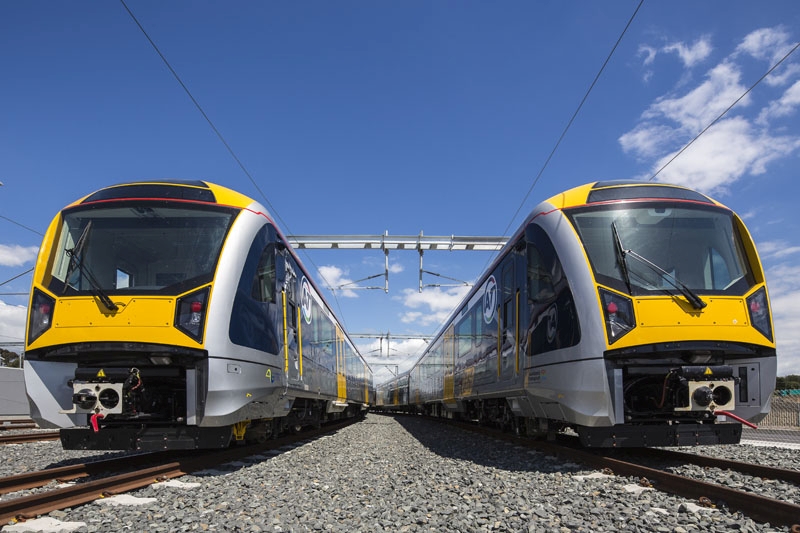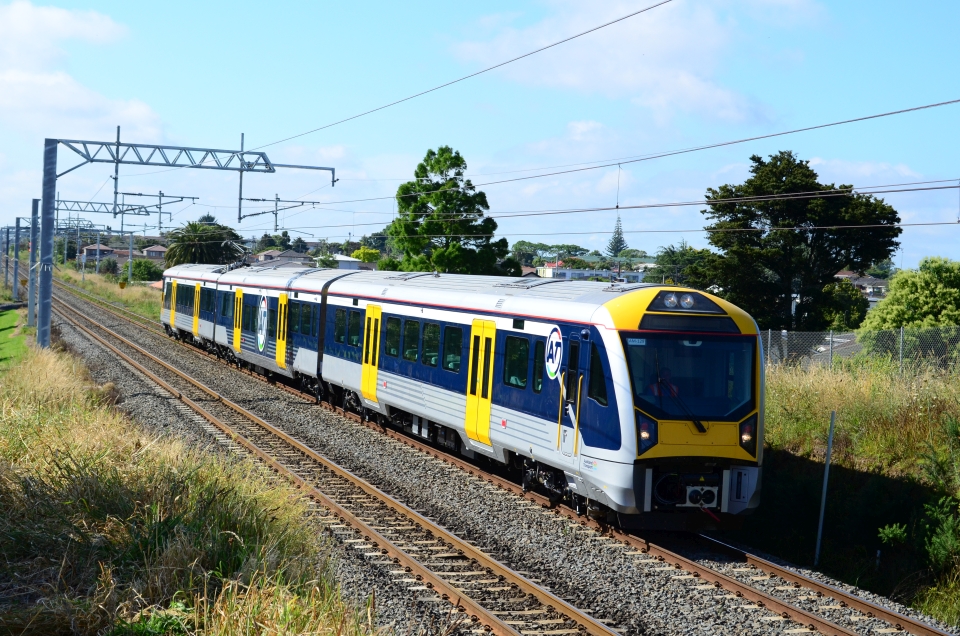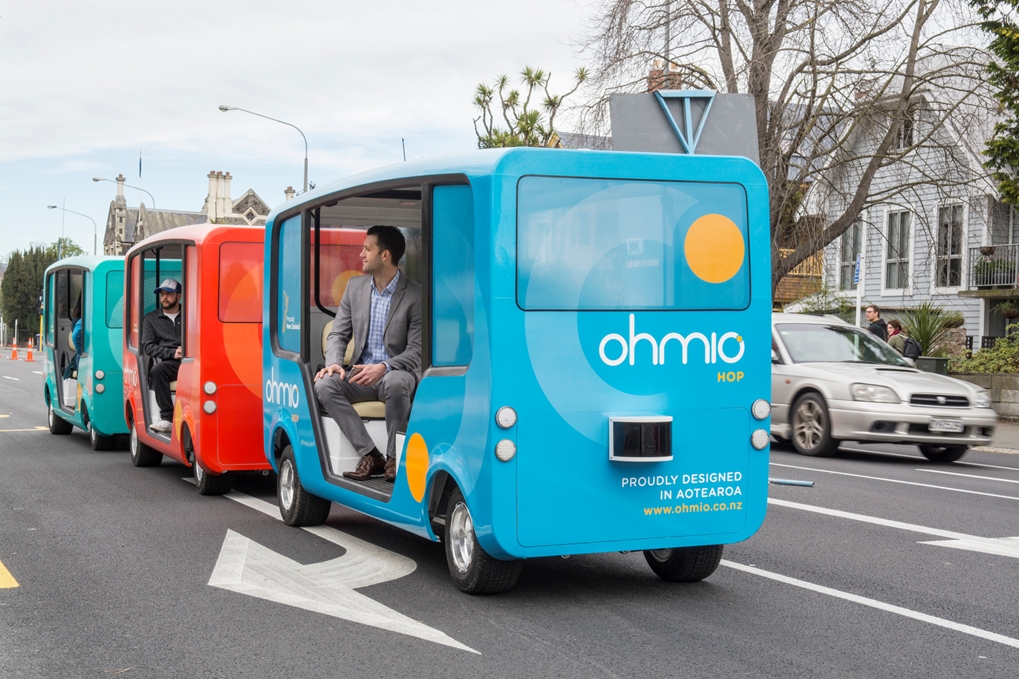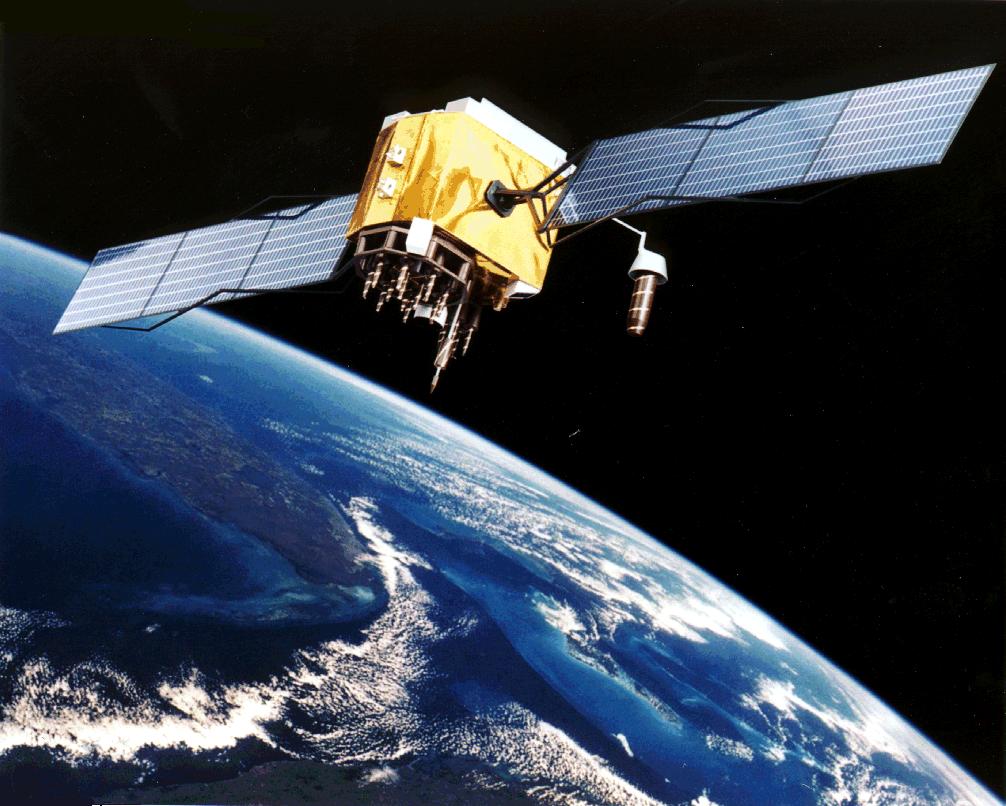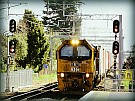As the population of New Zealand increases traffic on our roads will also increase. To maintain a safe transport system and reduce traffic congestion more people will need to use public transport both on the road and by rail.
Self-driving trains
Automatic train operation (ATO) is a safety enhancement device used to help automate the operations of trains. ATO can be used at different levels of automation up to level 4, where the train is automatically controlled without the need for a person to drive it. Currently this system is used in many places throughout the world. A driver (train operator) remains onboard to limit risks associated with failures or emergencies.
Self-driving vehicles
Self-driving vehicles drive themselves. They detect what is around them and navigate by using technology. They use sensors and software to control, navigate, and drive the vehicle. Self-driving vehicles are controlled by using tools such as:
Carbon emissions
Transport is mainly powered by the burning of fossil fuels such as petrol and diesel. This produces green house gases such as carbon dioxide which contributes to climate change. To reduce these carbon emissions people can reduce their use of cars by using public transport and biking or walking instead of driving.
The benefits of rail
Rail transport can help lower the number of vehicles on the road. This can:
- reduce road congestion
- reduce road accidents
- reduce greenhouse gas emissions
- improve safety on our roads
- lower spending on road maintenance and upgrades.
According to an NZTA report:
- Without rail there would be the equivalent of an extra 100,000 daily car trips on our roads each year.
- Rail also means heavy vehicles such as trucks are on the roads for 11 million fewer hours each year. That's the same as 30,000 trucks driving for an hour every day.
- Using rail cuts New Zealand’s carbon emissions by 488,000 tonnes a year. This is the same as taking 87,000 cars off the road, saving millions of dollars.
- Rail freight has 66% fewer carbon emissions than heavy road freight.
- Moving more freight by rail can help New Zealand reach its climate change targets.
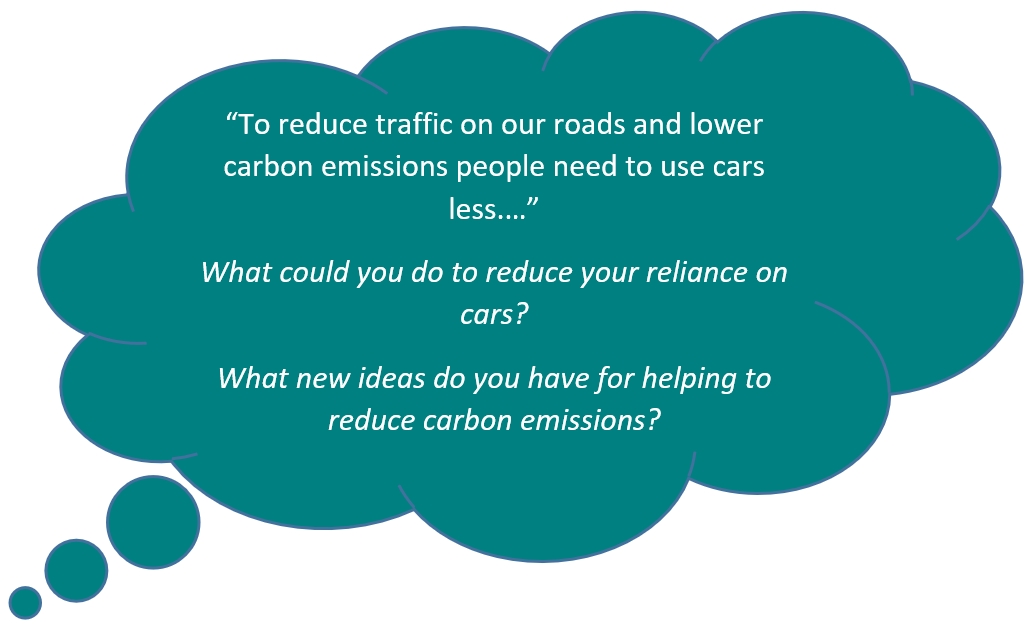 What can you do?
What can you do?
To help reduce air pollution and traffic on our roads you can:
- Sometimes walk or ride a bike instead of using the car.
- Car pool - travel with others.
- Use public transport - catch a bus or train.
Ready for a quiz? Try the 'Future of Transport' activity.

